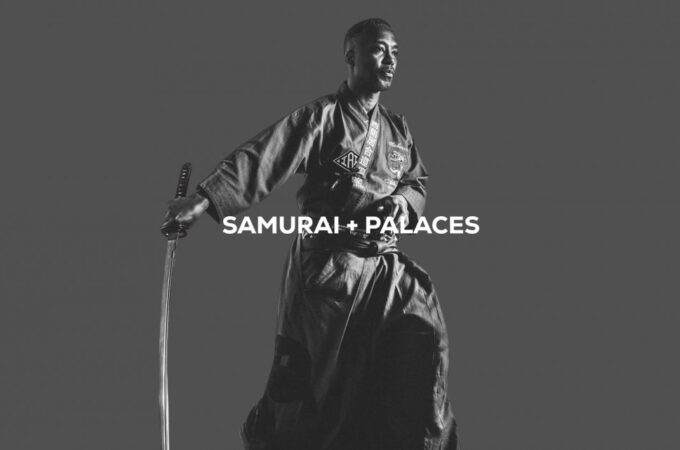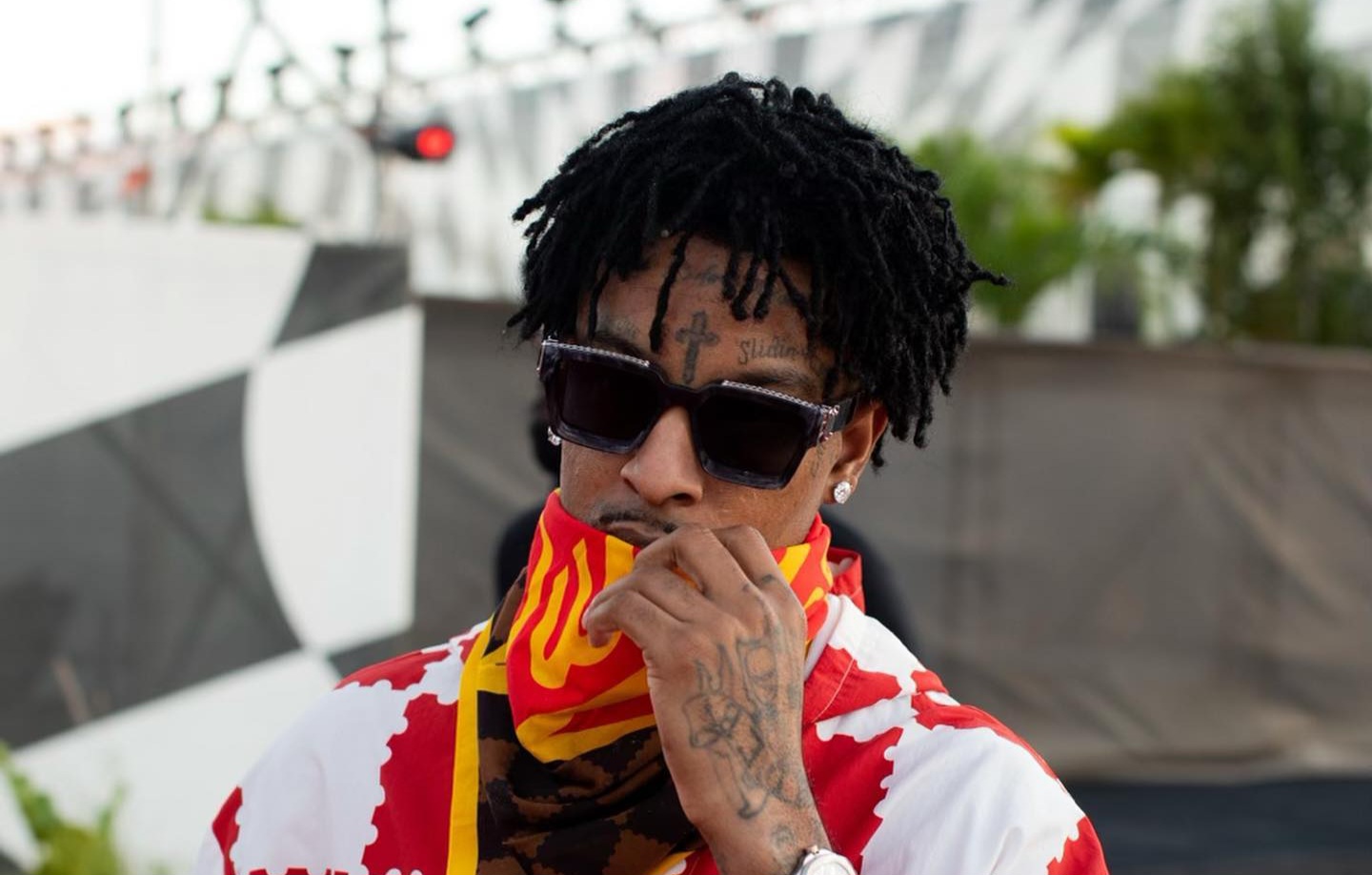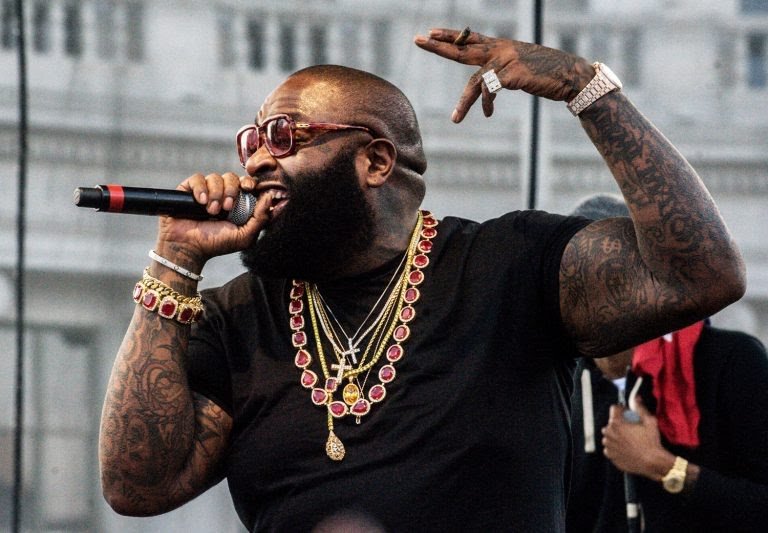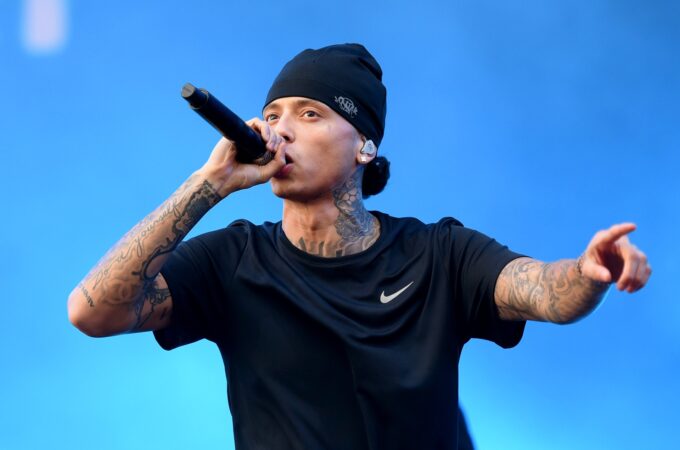
Who Changed the Rap Game the Most?
We are going to look at notable figures, whose influence in Hip-hop, contributed to and changed the rap game dramatically since its inception in the 1970s.
Transitioning from block parties in the Bronx to global stages, the genre has been shaped by artists who dared to innovate.
But who changed the rap game the most?
Let’s delve into the pioneers and visionaries who redefined hip-hop.
DJ Kool Herc: The Genesis of Hip-Hop

In 1973, DJ Kool Herc hosted a party in the Bronx that would become legendary. By isolating and extending the breakbeats of funk records, he laid the foundation for hip-hop music.
His technique, known as the “Merry-Go-Round,” allowed dancers to showcase their moves, giving birth to breakdancing. Without Herc’s innovation, the rap game might have taken a different path.
Run-D.M.C.: Bridging Hip-Hop and Mainstream

Run-D.M.C. brought hip-hop to the mainstream in the 1980s. Their fusion of rap with rock, exemplified by their collaboration with Aerosmith on “Walk This Way,” broke genre barriers.
They were the first hip-hop group to achieve a gold album and appear on MTV, setting new standards for the genre. Their influence is undeniable when discussing who changed the rap game.
N.W.A.: Amplifying Voices from the Streets

Emerging from Compton, N.W.A. introduced gangsta rap to the world. Their raw and unfiltered portrayal of urban life resonated with many and brought attention to social issues.
Tracks like “Straight Outta Compton” challenged the status quo and highlighted the power of hip-hop as a form of protest. Their impact is a testament to who changed the rap game.
Tupac Shakur: The Poetic Revolutionary

Tupac blended activism with artistry. His lyrics delved deep into societal issues, personal struggles, and the African American experience.
Songs like “Changes” and “Dear Mama” showcased his versatility and depth. Tupac’s ability to connect with listeners on a profound level redefined what rap could achieve.
The Notorious B.I.G.: Crafting Stories with Flow

Biggie Smalls, with his smooth flow and vivid storytelling, painted pictures of life in Brooklyn. His debut album, “Ready to Die,” is hailed as a masterpiece.
Moreover Biggie’s influence on East Coast rap and his lyrical prowess make him a pivotal figure in discussions about who changed the rap game.
Missy Elliott: Breaking Norms and Setting Trends
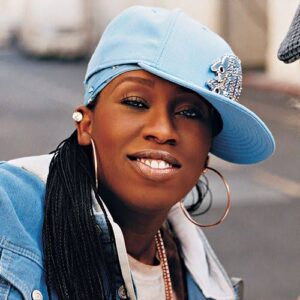
Missy Elliott revolutionized hip-hop with her eclectic style and futuristic visuals. Her debut album, “Supa Dupa Fly,” introduced a fresh sound that blended rap with R&B and electronic elements.
Remarkably, Missy’s innovative approach and empowerment themes have inspired countless artists.
Kanye West: Redefining Production and Style
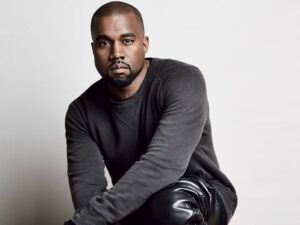
Kanye‘s entry into the rap scene brought a shift in production aesthetics. His use of soul samples and introspective lyrics in “The College Dropout” offered a contrast to the dominant gangsta rap narrative.
Albums like “808s & Heartbreak” further showcased his willingness to experiment, influencing a new generation of artists.
Lil Wayne: Prolific Output and Lyrical Mastery

Lil Wayne‘s relentless work ethic and unique voice carved a niche in the rap world. His “Tha Carter” series and numerous mixtapes displayed his versatility and lyrical dexterity.
Wayne’s influence is evident in many contemporary rappers who cite him as an inspiration.
Drake: Blending Genres and Emotions

Drake‘s fusion of rap with R&B and pop elements created a new subgenre. His introspective lyrics and melodic hooks in albums like “Take Care” resonated with a broad audience.
Also, Drake’s success has paved the way for artists who prioritize emotion and melody in hip-hop.
Kendrick Lamar: Consciousness and Complexity
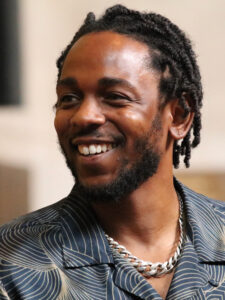
Kendrick‘s storytelling and social commentary have elevated hip-hop to new intellectual heights. Albums like “To Pimp a Butterfly” and “DAMN.” tackle themes of race, identity, and morality. His Pulitzer Prize win underscores his profound impact on the genre.
Determining who changed the rap game the most is subjective, as each artist brought unique innovations.
From DJ Kool Herc’s foundational techniques to Kendrick Lamar’s profound narratives, these artists have collectively shaped hip-hop’s evolution. Their contributions highlight the genre’s diversity and its capacity for growth and reinvention.


